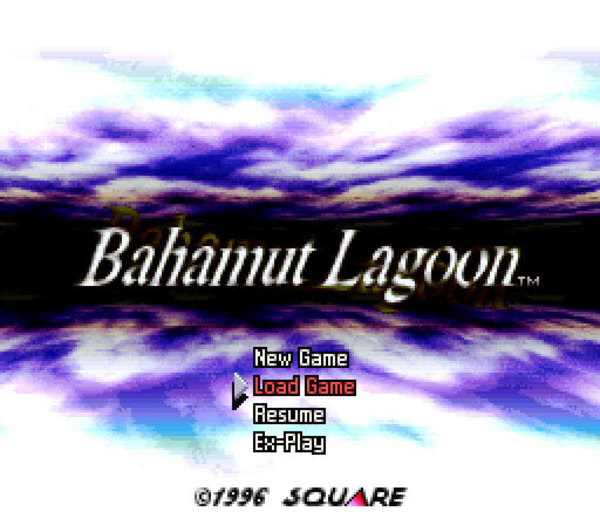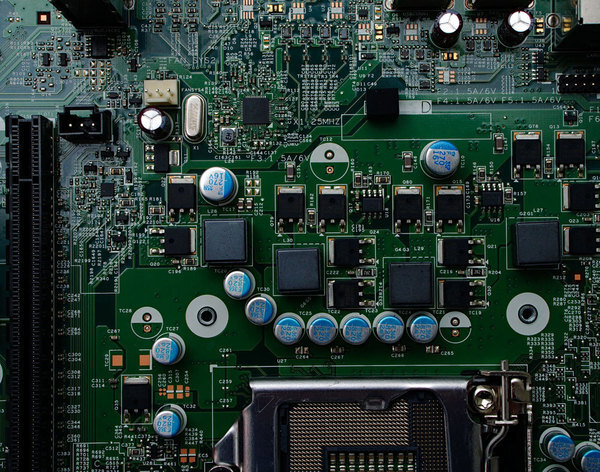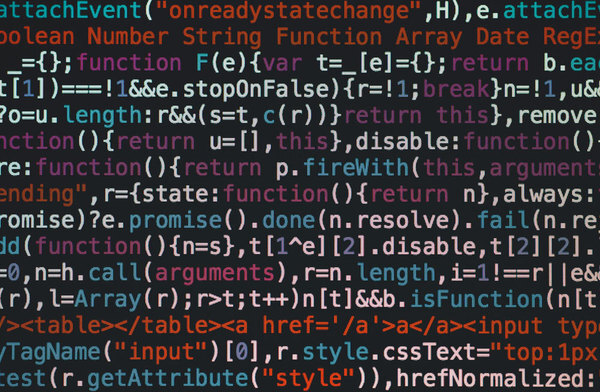
Bahamut Lagoon, the game that inspired Near to become a programmer.
The retro gaming and emulation communities have been a mess over the past day after the apparent loss of Near, a longtime programmer and fan translator whose exacting standards led to some of the seminal works of the emulation space.
Near—also known as byuu after the lead character in the Japanese RPG Bahamut Lagoon, a game that defined their work—came to prominence thanks to their decision to program emulators using an exacting style of emulation that aimed for 100 percent hardware accuracy rather than simply being able to play popular games at a good enough level for most gamers.
There is a lot about Near that could be written and I’ll let others do so, but I want to highlight a specific anecdote from a recent story about Near by Patrick Klepek, a writer for the Vice site Waypoint. (I contribute to a sister site, Motherboard.)

(Michael Dziedzic/Unsplash)
It’s a small anecdote in a larger story about Near’s many attempts to translate Bahamut Lagoon, but I think I want to highlight it because I saw myself in it. Here’s the relevant section:
Around this time, Near was blindsided by his parents. The 15-year-old was supposed to spend the summer—all summer—in rural Pennsylvania with his grandmother, and there was a new condition: no computer. We're talking the kind of rural where the only things nearby are a gas station and a grocery store. The nearest McDonalds was at least 20 minutes away.
His grandmother didn't even own a television, so the prospect of being without a computer, both a hobby and a lifeline, was crushing. The catch: no one had told his grandmother one of the stipulations for the summer was the lack of a computer. So, Near began hatching a plan.
"I would have just had to stare at the walls or corn fields if they had their way," he said. "But I've always been a clever little shit."
(Editor’s note: The Waypoint story used he/him pronouns because that was what Near asked for at the time, according to the story’s author, but I’m using they/them elsewhere.)

(Markus Spiske/Unsplash)
Near was clearly passionate about computers, but did not receive support for that budding interest—and in fact, their parents tried to separate them from computers for an entire summer. But rather than let that happen, Near took advantage of what their grandmother didn’t know—that they were supposed to be separated from their computer—grabbed the motherboard from the computer at home, hid it in their luggage, and then bought new supplies from CompUSA.
And rather than let a whole summer go by without a chance to learn about something they were actually passionate about, they used the summer to learn the ins-and-outs about programming, skills that would come to define their work in video games.
This strikes me as a very familiar dynamic both from that era and today. To people like Near, computers were a lifeline, an escape, a way to make sense of a world that didn’t often make sense. And they sometimes face a broader world—as specific as their parents, as broad as their community—that doesn’t understand how people like this think, or how freeing a digital world is to them. It makes them stronger. The problem is, people who don’t see digital worlds that way, or who want to use their freedom to become agents of chaos, too often ruin things for people strengthened by the freedom of a digital environment.
We don’t know all the details of what happened with Near, and I’m not sure we should know all of the details. But the cuts-both-ways nature of technology as both a freeing way for people to communicate and a vessel to attack others is heartbreaking. And something I wish that, culturally, we could get past. The ugliness of the Eternal September mindset—the culture of attacking others and excluding those that aren’t like us—shows itself again and again.
I wasn’t particularly close to Near. I interacted with them a handful of times on Twitter, particularly after my 2017 story on the 20th anniversary of NESticle. But I respect so much what they did and what they represented to the world of video games. They made it better.
And it’s heartbreaking that they’re gone.
Time limit given ⏲: 30 minutes
Time left on clock ⏲: 1 minute, 22 seconds


